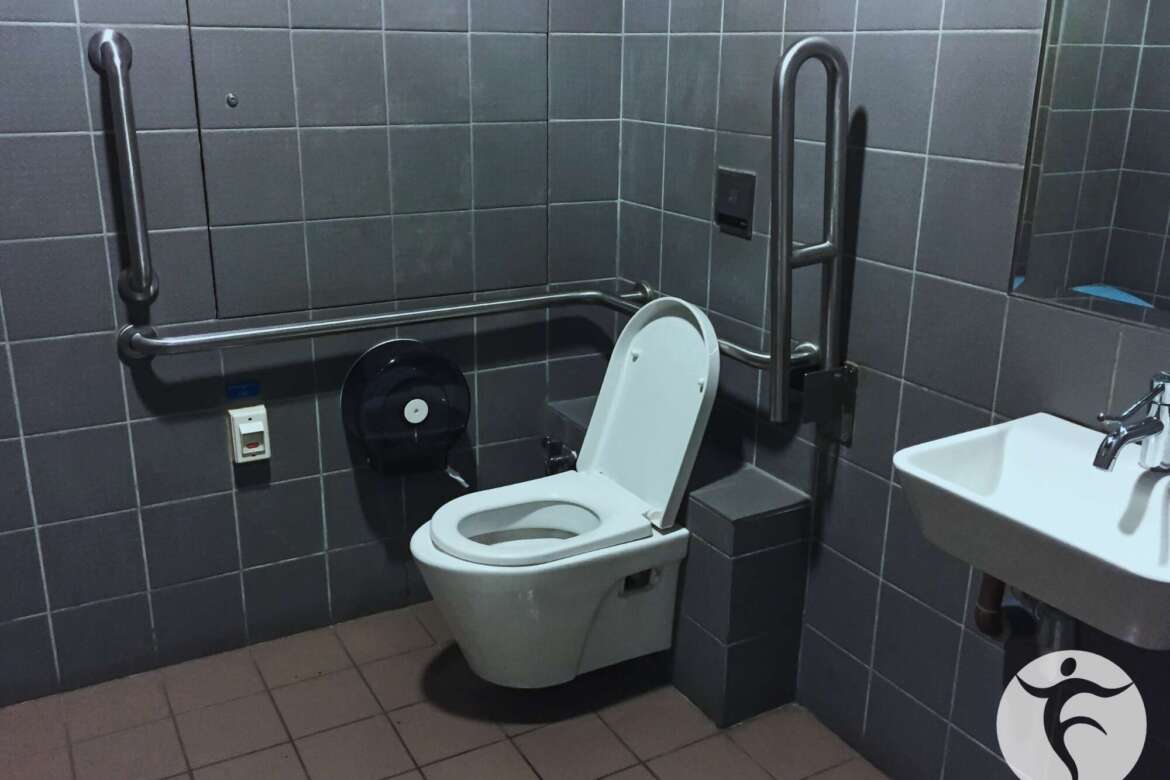Do bathroom trips keep you up at night?
Your health and safety can be at risk
Nocturia is urinating 2 or more times per night according to the American Urological Association. Urinating frequently at night can be quite bothersome and very disruptive to your sleep cycle. Not only does waking up frequently at night pose significant health risks, but it can also be a safety issue. In an article by Vaughan et al, it was found that waking up 3x per night or more was associated with a 28% increased risk of falling. Do bathroom trips keep you up at night? Nocturia has many factors; it is important to identify the root cause to most effectively treat it. Here are the most common factors that should be considered.
You are drinking too much liquid in the afternoon and evening hours
Drinking too much in the late afternoon and evening hours has been associated with waking frequently at night. Hydrate adequately during the morning and day. Stop fluid intake in the evening 2-3 hours before bed to optimize your sleep quality. If you need to take medication at bedtime, have just a few sips of fluid before bed and during the night if needed.
Your medication is causing you to urinate frequently at night
Some medications will cause urinary frequency at nighttime. Three common types of medications that cause urinary frequency are: corticosteroids (Prednisone), diuretics (water pill or blood pressure pill), and beta-adrenergic antagonists (beta-blockers). These medications can cause increased urine production and increased urinary frequency at night. If you are experiencing increased frequency and are taking these medications, it may be worthwhile to discuss with your doctor if changing the timing of the medications is an option for you.
Your bladder is irritated
Bladders can be ‘irritated’ and contribute to increased urinary frequency. Bladder irritation can happen from increased consumption of alcohol, nicotine, caffeine, and carbonation. Reducing consumption of these items, especially in the evening, can be very helpful in reducing urinary frequency. Your bladder can also be irritated due to the stool in your colon. Your bladder and bowel are neighbors, and stool in the colon can be pushing on your bladder, increasing the need to urinate with a full bladder.
Addressing constipation can be very helpful in improving your bladder’s ability to store urine. A pelvic floor specialist can help you identify if you have an irritated bladder and develop a treatment plan to improve your bladder’s ability to hold urine with less irritation.
Your bladder has decreased capacity to hold urine
Urinating too frequently during the day can cause your bladder to want to store less during the night. For example, if your bladder frequently empties when it is only half full during the day, it will send your brain the signal that it needs to urinate when it is half full at night. This can be a problem and a reason you are waking frequently to urinate at night. Listening to your body and assessing how full your bladder is during the day can help reduce increased urinary urgency at night. A bladder urination schedule may be needed to improve your bladder’s ability to store urine. A pelvic floor therapist can determine if bladder schedule training is needed and guide you through the process of improving your bladder’s capacity to store urine.
Your body is making too much urine at night
Our bodies should be making less urine at night than during the day. If you are making more urine at night than is normal for your age, you could have nocturnal polyuria. Nocturnal polyuria is when your body makes too much urine at night. Reasons you could be making increased urine at night include the following.
- Obstructive sleep apnea
- Swelling of the legs,
- Autonomic disease
- Kidney disease.
Poor sleep can lead to increased urine production at night; obstructive sleep apnea is a common reason for increased urine production. Additionally, swelling that accumulates in the legs can lead to increased nighttime urine production.
When you go to sleep, the fluid moves out of your legs and starts moving through the circulatory system, eventually ending up as urine in the bladder. If you are waking 2 hours after falling asleep, leg swelling may be the cause of this. Autonomic conditions or kidney disease can also cause urine production to increase at night. When working with a pelvic floor therapist, they will assess your percentage of urine produced at night to determine if you are making more urine at night than average for your age.
Your prostate is enlarged
An enlarged prostate can cause an increase in urinary frequency at night for men. When urinating with an enlarged prostate, it can be difficult to empty the bladder fully. If the bladder is not emptying well, there can be a large residual of urine at nighttime, making the bladder fuller and in need of emptying more often than normal. This can be further complicated by a pelvic floor that has trouble relaxing while urinating. Pelvic floor therapy with the focus of relaxing the muscles while urinating can be very helpful in emptying more completely with each urination. This will ultimately lead to a reduction in nighttime urination.
You have a Urinary Tract Infection- UTI
An infection in the urinary tract or bladder can cause increased urinary frequency during the day and night. Any new onset of urinary symptoms should be evaluated by your MD and include a urinalysis for bacteria in the urinary tract.
Getting to the root cause of your increased nighttime urination symptoms can be challenging. At Freedom Physical Therapy Services, we have pelvic floor specialists who can help you determine why you are waking up frequently at night to urinate. They can assist in coming up with a treatment plan. Sleep is important for so many of our bodily systems. We would be happy to help you improve your quality of life by reducing your nocturia.

